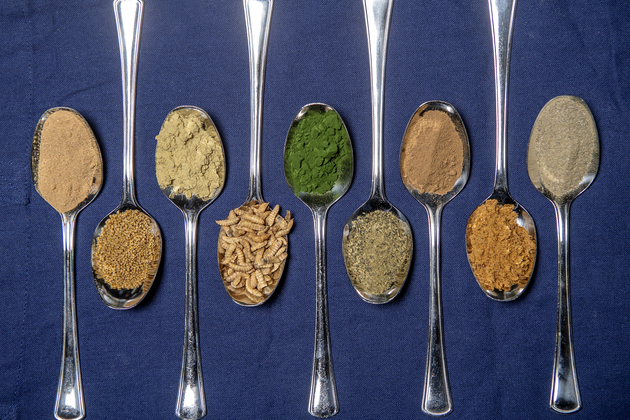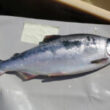The effect of process on protein digestibility in salmon

What causes proteins from new feed ingredients to be digested by salmon to a lesser extent than proteins from more traditional ingredients? Could it be due to the processing conditions? In this project we aim to find answers and develop methods and analyses that explain the relationship between processing conditions and protein digestibility.
Start
01. Jan 2025
End
31. Dec 2027
Funded by
Nofima
Project Manager(s):
Background
Fish feed is currently traded based on digestible protein, meaning that the value of the protein in a feed ingredient is directly proportional to its digestibility. Hygienic heat treatment requirements as well as dewatering and drying may give a thermal load that can negatively affect protein and amino acid digestibility.
So far, the digestibility of new feed ingredients has proven to be lower than that of fishmeal and plant proteins. Is this an effect of processing conditions?
We aim to find out about this by establishing methods to study the effect of processing conditions on digestibility, as well as developing analyses that can chemically describe these changes.
Objective
To develop a toolbox for studying and analyzing the relationship between processing conditions and protein digestibility of new feed ingredients used in salmon feed.
This is what we do
In this project, we will investigate the chemistry behind reduced digestibility and establish in-house analytical methods for heat-induced changes in proteins and amino acids.
We will also develop experimental test systems to study the effect of processing conditions on the digestibility of a selection of raw materials, both in lab and pilot scale.
These changes will then be documented using existing in-vitro and in-vivo digestibility methods.
Nofimas facilities that we use in the project
Strategic priority areas
Nofima invests its own resources in order to increase competence in useful, relevant and innovative areas and strengthen our position among the leading applied research institutes.
Active projects
Some previous projects
Research facilities





